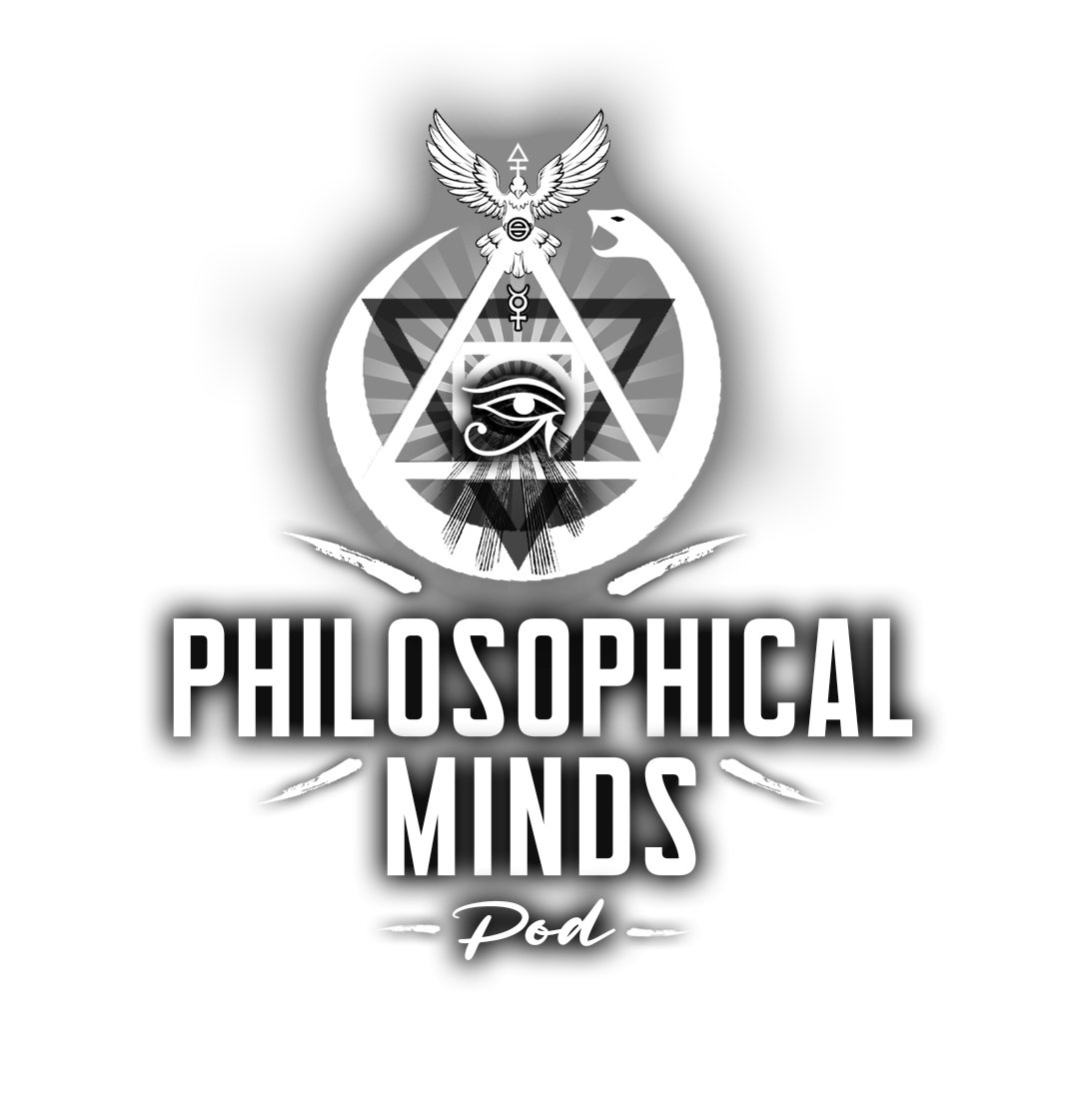The Theology of Plethon: Reviving the Ancient Gods and Philosophical Harmony
George Gemistos Plethon (c. 1355–1452 CE) was a prominent Byzantine philosopher, theologian, and scholar whose ideas significantly influenced Renaissance thought and the revival of Platonic and Neoplatonic traditions. Plethon’s theology is notable for its synthesis of classical Greek philosophy, particularly Neoplatonism, with the religious and metaphysical concerns of his time. His work represents a fascinating confluence of ancient pagan philosophy and medieval Christian thought, reflecting both a revival of classical ideas and a unique reinterpretation within a contemporary context.
This article explores the core elements of Plethon’s theology, his philosophical influences, and his impact on subsequent intellectual and religious traditions.
The Philosophical Foundations of Plethon’s Theology
Plethon’s theological system is deeply rooted in the traditions of Plato and Plotinus, the latter being a central figure in Neoplatonism. Plethon’s philosophical approach can be seen as an attempt to harmonize Platonic philosophy with the religious sensibilities of his time, including aspects of Byzantine Christianity and various pagan traditions.
1. The Hierarchy of Being
Central to Plethon’s theology is his hierarchical view of reality, which reflects Neoplatonic ideas. He posits a structured cosmology where everything emanates from a single, transcendent principle:
• The One: At the highest level of reality is The One, also referred to as the Good. This is the ultimate source of all existence, an ineffable and transcendent principle beyond all comprehension.
• The Nous (Divine Intellect): Emanating from The One is the Nous, which represents divine intelligence and the first stage of creation. The Nous contemplates The One and gives rise to the world of Forms or Ideas.
• The Soul (Psyche): From the Nous emanates the Soul, which is responsible for animating and ordering the material world. The Soul represents both the divine and the natural order, bridging the gap between the abstract world of the Forms and the physical realm.
Plethon’s hierarchy is characterized by a cosmological and ontological structure that places divine principles at the top, followed by the intellectual and spiritual realms, and culminating in the material world.
2. The Revival of Pagan Deities
A distinctive feature of Plethon’s theology is his revival of the ancient Greek pantheon. Unlike many of his contemporaries who adhered strictly to Christian monotheism, Plethon sought to reintroduce and reinterpret the gods of classical Greece within a Neoplatonic framework.
• The Gods as Archetypes: Plethon viewed the ancient deities not as literal beings but as symbolic representations of higher, abstract principles. For instance, deities like Zeus, Athena, and Apollo were seen as manifestations of divine virtues and cosmic principles.
• Ritual and Worship: While not advocating for the literal worship of these deities, Plethon acknowledged the importance of rituals and symbols associated with them as vehicles for understanding and aligning with the divine order.
This approach reflects Plethon’s belief in the compatibility of ancient wisdom with contemporary philosophical and theological insights. He sought to integrate classical pagan ideas with his own Platonic and Neoplatonic views, creating a synthesis that bridged ancient and modern thought.
Plethon’s Impact on Renaissance Thought
Plethon’s ideas had a profound influence on the Renaissance, particularly through his role in the revival of Platonic and Neoplatonic traditions:
1. Influence on Renaissance Humanism
Plethon’s works and teachings were instrumental in shaping Renaissance humanism, which emphasized a return to classical sources and a revival of ancient Greek and Roman philosophy. His ideas contributed to the resurgence of interest in Platonic and Neoplatonic thought, which became central to Renaissance intellectual culture.
• Marsilio Ficino: One of the most notable figures influenced by Plethon was Marsilio Ficino (1433–1499), who was a key proponent of Neoplatonism during the Renaissance. Ficino’s writings on Platonic philosophy were heavily informed by Plethon’s synthesis of Platonic and pagan ideas.
• Renaissance Platonism: The Renaissance saw a revival of Platonic and Neoplatonic ideas, with scholars and thinkers drawing on Plethon’s works to explore themes of divine harmony, the nature of the soul, and the relationship between the material and spiritual worlds.
2. The Council of Florence
Plethon played a significant role in the Council of Florence (1438–1445), which was convened to address theological and ecclesiastical disputes between the Latin and Eastern Orthodox Churches. His participation in the council reflected his broader engagement with theological and philosophical issues, as well as his efforts to reconcile different religious and intellectual traditions.
• Dialogue with Christian Theologians: During the Council of Florence, Plethon engaged in dialogue with Christian theologians, presenting his Platonic views and advocating for a broader understanding of divine principles. His contributions to the council reflected his commitment to bridging philosophical and theological perspectives.
Conclusion: Legacy and Relevance
George Gemistos Plethon’s theology represents a unique fusion of Platonic philosophy, Neoplatonic thought, and ancient Greek religious traditions. His efforts to reconcile classical and contemporary ideas, as well as his revival of pagan deities within a philosophical framework, reflect a profound engagement with both ancient and modern intellectual currents.
Plethon’s influence extended beyond his own time, significantly impacting Renaissance thought and contributing to the broader revival of Platonic and Neoplatonic traditions. His work serves as a testament to the enduring relevance of classical philosophy and the ongoing quest to understand the divine and the nature of existence.
Sources
1. Plethon, George Gemistos. Theologia Platonica (Platonic Theology)
2. Ficino, Marsilio. The Platonic Theology
3. Siniossoglou, Spyros. Plethon and the Revival of Platonism in the Renaissance
4. Louth, Andrew. The Origins of the Christian Mystical Tradition: From Plato to Denys
5. Kaldellis, Anthony. George Gemistos Plethon: The Byzantine Philosopher
6. Robinson, James M. The Nag Hammadi Scriptures
7. Stumpf, Samuel Enoch. Philosophy: History and Problems
